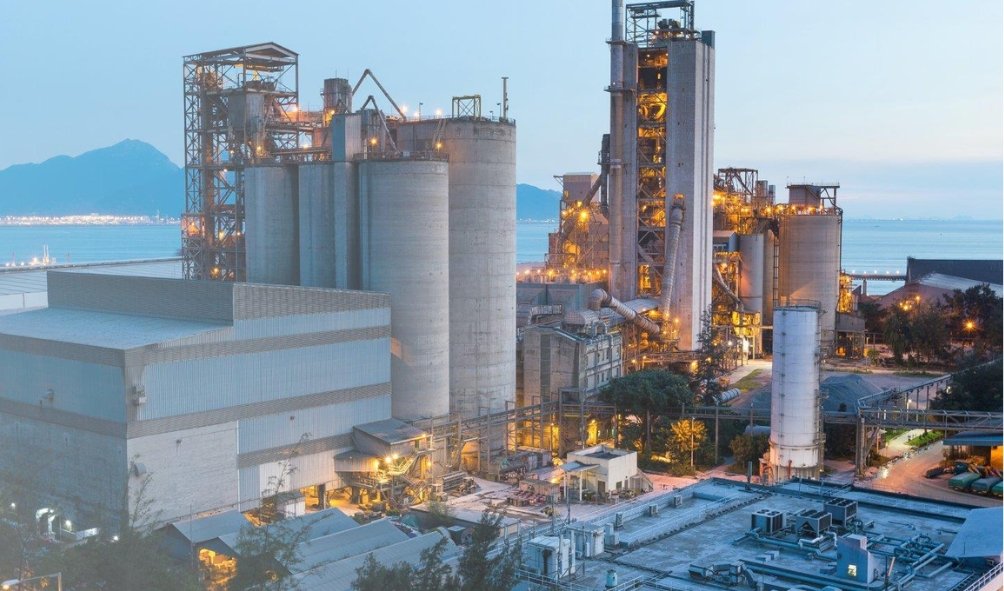The petrochemical industry forms the backbone of modern economies, producing essential materials for plastics, fuels, and chemicals. However, its complex processes and significant energy demands present challenges in terms of efficiency, reliability, and sustainability. Electric motors, as critical drivers of industrial equipment, play an indispensable role in overcoming these challenges. They provide precise control, operational efficiency, and sustainability benefits that modern petrochemical facilities require.
In this blog, we’ll explore the impact of electric motors in the petrochemical industry and discuss their diverse applications in this energy-intensive sector.

Impact of Electric Motors in the Petrochemical Industry
1. Energy Efficiency
The petrochemical industry is one of the largest energy consumers globally. Electric motors contribute to energy conservation by:
- Powering machinery with high efficiency, reducing overall energy consumption.
- Enabling precise speed and load control through Variable Frequency Drives (VFDs), cutting unnecessary power usage.
- Minimizing energy losses compared to traditional mechanical systems.
2. Operational Reliability
Electric motors are designed for durability and precision, making them essential for the high-demand environment of petrochemical facilities. They ensure:
- Continuous and reliable operations even in harsh conditions, such as high temperatures and corrosive environments.
- Reduced downtime through robust designs and advanced predictive maintenance capabilities.
3. Environmental Sustainability
With increasing regulatory pressure to reduce emissions, electric motors support sustainability goals by:
- Lowering the carbon footprint of operations through enhanced energy efficiency.
- Enabling the integration of renewable energy sources into facility operations.
Applications of Electric Motors in the Petrochemical Industry
1. Pumps for Fluid Handling
Electric motors power centrifugal and positive displacement pumps essential for:
- Transporting crude oil, refined products, and chemicals.
- Circulating cooling and heating fluids.
- Managing wastewater and other byproducts.
2. Compressors
Compressors, driven by electric motors, are vital in the petrochemical industry for:
- Pressurizing gases like natural gas, hydrogen, and nitrogen for processing.
- Feeding reactors and storage systems.
3. Fans and Blowers
Motors operate fans and blowers used for:
- Air circulation in cooling towers.
- Ventilation to maintain safe working environments.
- Supporting combustion processes in furnaces.
4. Material Handling Systems
Electric motors power conveyor belts, bucket elevators, and other material handling equipment to move raw materials and finished products efficiently within facilities.
5. Reactors and Mixers
Reactors and mixers, which are central to chemical synthesis, rely on motors for:
- Agitation and blending of raw materials.
- Precise control to maintain reaction conditions.
Technological Advancements in Electric Motors for Petrochemical Plants
1. Explosion-Proof Motors
Safety is a top priority in the petrochemical industry due to the presence of flammable gases and liquids. Explosion-proof electric motors are designed to:
- Operate safely in hazardous areas.
- Prevent ignition of combustible substances.
2. High-Efficiency Motors
Advanced electric motors, such as IE3 and IE4 models, reduce energy consumption while complying with global efficiency standards.
3. Smart Motors with IoT Integration
IoT-enabled motors enhance operational intelligence by:
- Providing real-time performance monitoring.
- Enabling predictive maintenance to reduce unplanned downtime.
- Offering data insights to optimize energy and equipment usage.
4. Variable Frequency Drives (VFDs)
VFDs improve motor efficiency by adjusting the motor’s speed to match process requirements, especially in applications like pumping and compressing.
Challenges and Solutions
Challenges:
- Harsh Operating Conditions: High temperatures, corrosive chemicals, and explosive environments can impact motor performance.
- High Initial Costs: Advanced motor technologies often require significant upfront investment.
Solutions:
- Robust Designs: Motors with protective coatings, enclosures, and cooling mechanisms ensure reliability in extreme conditions.
- Lifecycle Cost Analysis: The energy savings and reduced maintenance costs of high-efficiency motors offset their initial investment over time.
Benefits of Using Electric Motors in the Petrochemical Industry
- Enhanced Productivity: Electric motors enable faster and more reliable operations, boosting overall throughput.
- Cost Savings: Efficient motors reduce energy and maintenance expenses.
- Improved Safety: Explosion-proof and precision-controlled motors mitigate risks in hazardous environments.
- Support for Sustainability: Motors align with green initiatives by lowering emissions and energy consumption.
Future Trends in Electric Motor Technology for Petrochemical Plants
- Integration with Renewable Energy Systems: Electric motors will play a key role in supporting renewable energy adoption in petrochemical operations.
- Digitalization: Smart motors with IoT capabilities will enable greater automation and process optimization.
- Energy Recovery Systems: Advances in regenerative systems will allow motors to recover and reuse energy, further reducing operational costs.
Conclusion
Electric motors are transforming the petrochemical industry by enhancing efficiency, reliability, and safety. Their integration into critical processes has paved the way for sustainable and cost-effective operations. As the industry embraces digitalization and renewable energy, the role of advanced motor technologies will only grow.
How do you see electric motors shaping the future of the petrochemical sector? Share your insights in the comments below!
Top of Form
Bottom of Form


